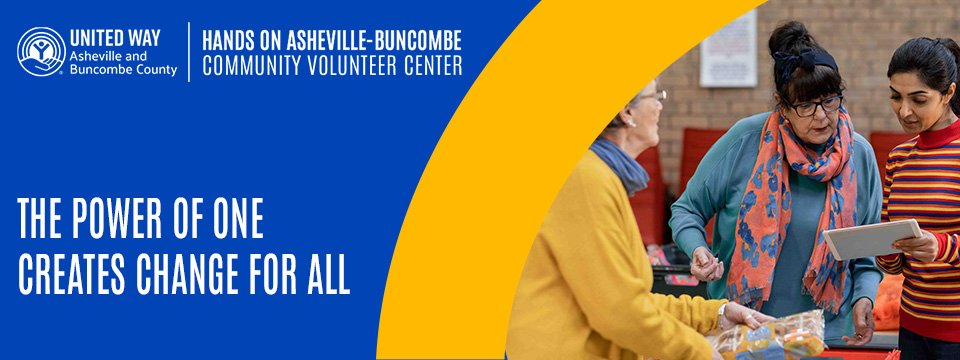Brief Overview
National Emergency Child Care Network (NECCN), a 501c3 nonprofit, is launching a PTSD Mental Health Home Visit Program. The program will send a licensed Mental Health Worker to the home of families impacted by a major disaster, in order to provide (immediate psychological support, assist in identifying and managing trauma-related symptoms, and connect families with ongoing community resources) at no cost to the family
How it will Work
This is an incredible opportunity for a volunteer to give back to their community after a major disaster, using their expertise and skillset. Our PTSD Mental Health Home Visit Program is 100% volunteer based. The volunteer will first work with the parents to identify any PTSD concerns, and then listen to the parents if they are concerned about the health and well-being of the children. The Mental Health Workers will visit the family up to 3 times. Each visit will be 60-90 minutes long
The
total amount of volunteer time per family will only be roughly 6
hours.
The
goal of the site visits are as follows:
1.
Assessment and Support:
Mental Health Workers will assess the mental health needs of parents and children impacted by disasters. They will help survivors recognize signs of PTSD, anxiety, depression, and other mental health challenge.
2. Treatment Interventions:
Mental Health Workers will utilize various evidence-based treatments for PTSD, such as cognitive behavioral therapy and exposure therapy.
3.
Collaboration, Coordination and Long-Term Recovery: Mental Health
Workers will help survivors develop coping strategies, rebuild their lives, and
reconnect with their communities. They will also provide referrals to
counseling, support groups, and other psychosocial interventions to help
individuals cope with their trauma and regain a sense of normalcy.
Why this is so Important:
Home-based services are more cost-effective with added benefits to families who have transportation, insurance and financial barriers, which is the case for many families displaced, who lost their vehicles or for families facing other financial hardships due to disasters. In addition, following a disaster, receiving care at home can restore a sense of stability and control. It also avoids the stress of navigating new or institutional settings when families are already vulnerable and suffering from the crisis.
One of the most innovative designs to this program is that it will provide support to the whole family together, meaning, a mental health worker comes out to assess the parents, then can assess the children so everyone feels comfortable and supported by the same person. For example, Hurricane Helene has had significant impact on mental health for many families, with PTSD being a prominent concern. The National Institutes of Health reports that nearly one-third of disaster-affected people experience PTSD. According to this site approximately 30-40% of direct victims of disasters encounter PTSD, with women being more likely to develop PTSD after a disaster compared to men.
Requirements
- Volunteers should be licensed mental health workers in California or North Carolina.
- Volunteers should have a strong background and interested in treating PTSD, trauma, and chronic stress (particularly in the context of disasters or major crises).
- Volunteers should be comfortable with 0-15 age group and very familiar with the local mental health community (clinics, resources, services, hospitals, nonprofits).
Next Steps
Apply to the
Program here: https://emergencychildcare.org/volunteer-now/ Sign up for a
training starting in December. Trainings will be roughly 2 hours long.
Volunteers will be provided a detailed curriculum for the 1-3 home site visits
per family.
To express interest in this volunteer opportunity, simply
Click the blue "respond" button above to secure your spot and receive next-step instructions from our organization
Please DO NOT SHOW UP IF YOU DID NOT RESPOND!
Hands On Asheville-Buncombe is not responsible for opportunities managed by partner agencies. If you are onsite at a volunteer opportunity and don't feel safety guidelines are being followed, please connect with onsite project organizers and if not addressed, please let us know by emailing info@handsonasheville.org.


